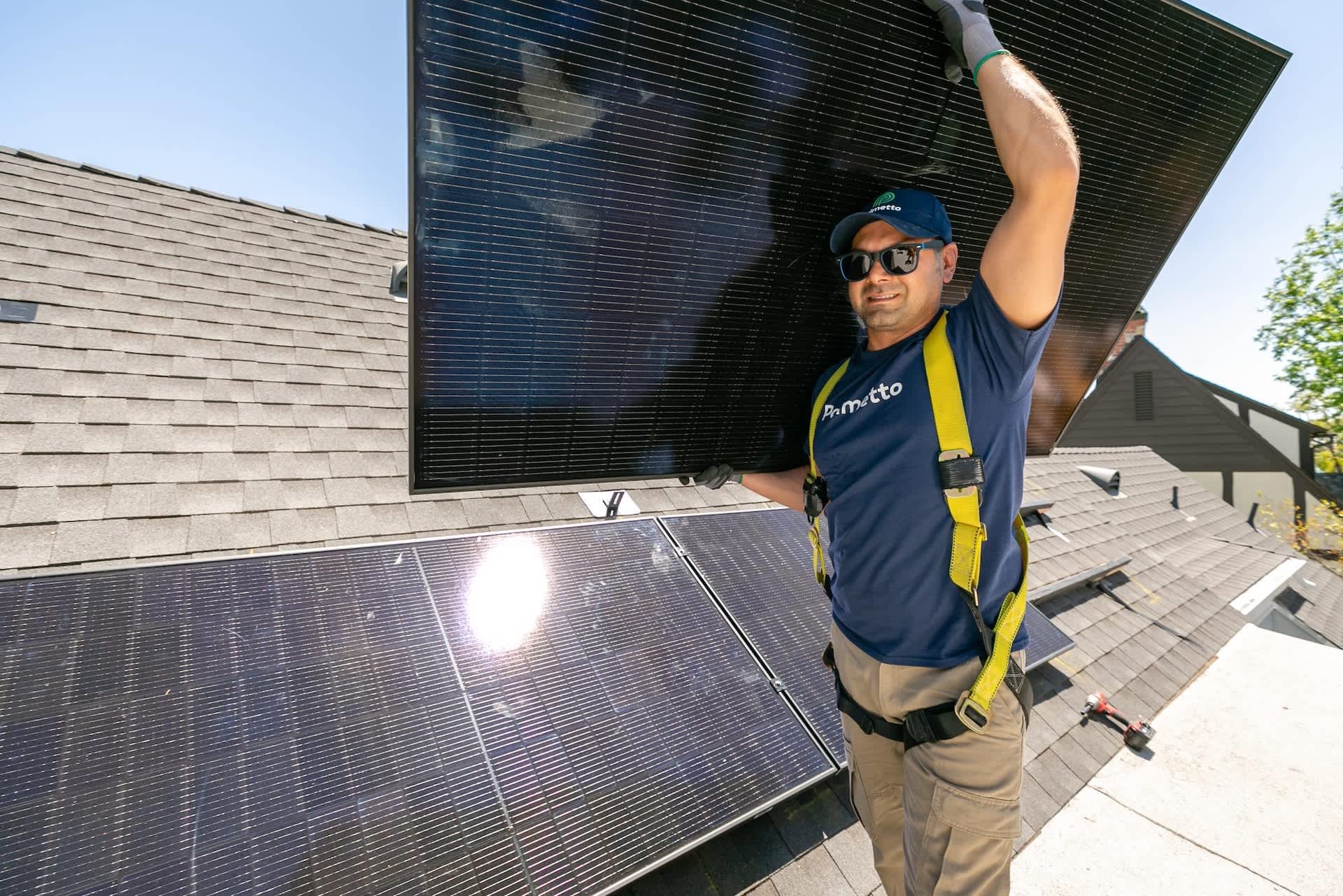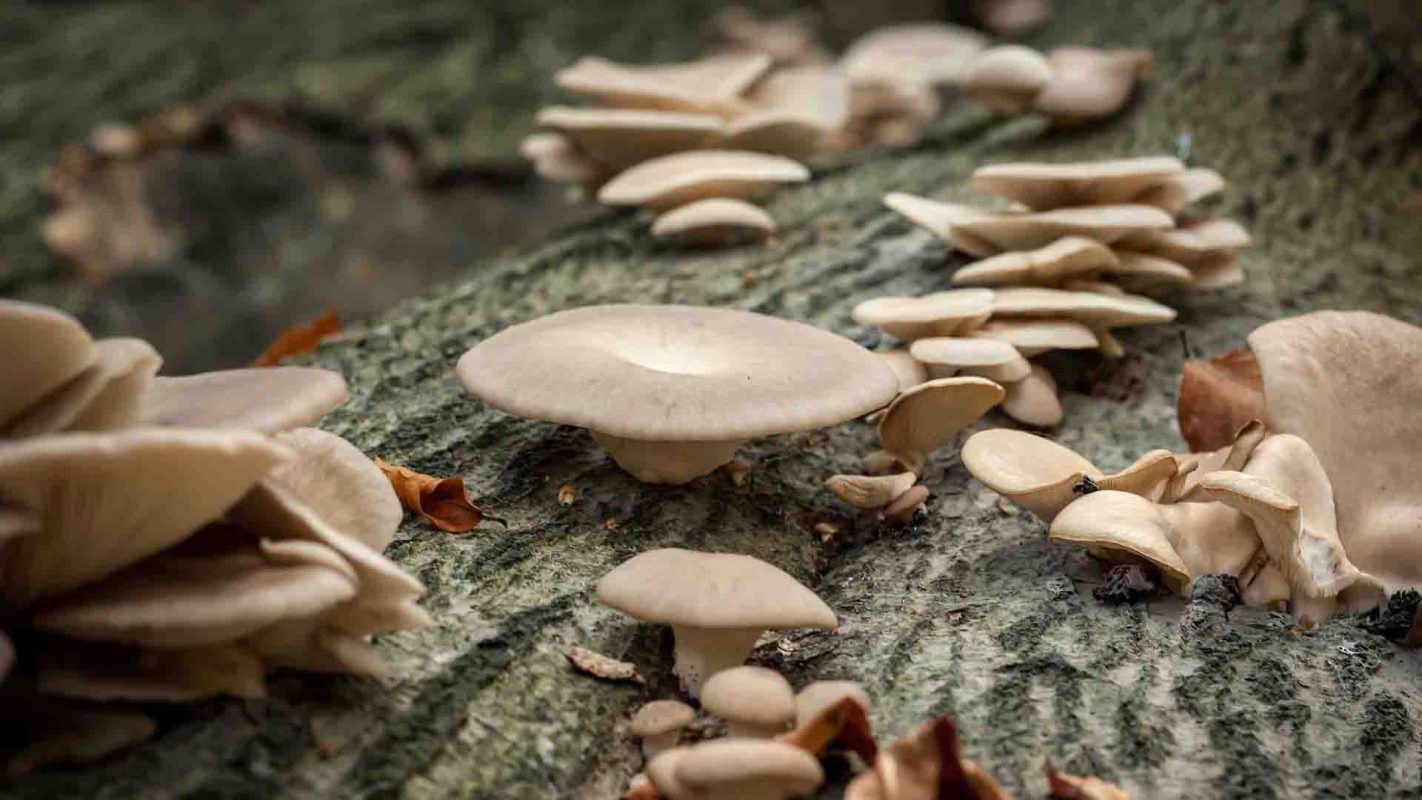Plastic is unavoidable in the modern world. And while plastic alternatives often come to market, these are still a long way from eliminating our dependence on the substance that creates over 40 million tons of waste in America each year.
But now, scientists have discovered a "natural composter" that can help break down our existing plastic trash — mushrooms.
How can mushrooms solve our plastic problem?
As it turns out, certain mushroom species are capable of consuming polyurethane, a type of plastic commonly found in everything from yoga pants and surfboards to wheels and seat cushions.
The process, called mycoremediation, occurs naturally in the world of fungi. In this process, the fungi produce enzymes that can break down different types of pollutants, including plastics.
One mushroom species, called Pestalotiopsis microspora, is especially hungry for plastic. These mushrooms can survive by "eating" nothing but plastic, and they can do so in dark environments with no oxygen. That makes them perfect candidates for waste treatment centers, home composting systems, and even landfills.
Why is plastic waste such a problem?
You'd be hard-pressed to find someone who would argue that plastic isn't a problem.
Can't afford solar panels? Here's how to get them without paying for purchase or installation Palmetto's revolutionary LightReach program gives you all the benefits of solar power without the upfront costs. LightReach lets you lease solar panels with no money down, making it easier than ever to lock in energy savings. Palmetto assumes all risk and responsibility for the panels you lease, which means you'll get reliable performance without unforeseen costs. To get started, just answer a few basic questions about your home and learn how much you can save. Learn more → |
Plastic accounts for more than 85% of marine waste. What's more, it's possible that as much as 95% of American plastic never gets recycled.
In February 2022, the United Nations Environment Assembly (UNEA) created a legally-binding resolution to reduce plastic waste. This approach examines the challenges and impact of plastic throughout the entire life cycle — from design, production, waste management, and even approaches to a circular economy.
Here are a few key takeaways about why anyone should care about the impact of plastic:
Plastic manufacturing uses 4% of the world's petroleum, which is a dirty energy source.
The majority of plastics come from non-renewable carbon energy sources that lead to our planet's overheating.
Microplastics — tiny pieces of plastic that can't break down any further — have been found in our water, our soil, and even our blood.
Waste management and recycling systems cannot account for all plastic waste, resulting in overrun landfills and further carbon emissions.
These stats and risks may sound grim, but there's a light at the end of the tunnel — and it might be shaped like a mushroom.
TCD Picks » Quince Spotlight

These plastic-eating fungi are showing promising results and may be an answer for devouring much of our plastic waste. But they're not without limitations.
As Treehugger reported, mushrooms will be unlikely to help with the plastic trash in our ocean — including the Great Pacific Garbage Patch, a floating mass of trash that spans over 600,000 square miles.
Additionally, we can only eliminate plastic waste by ending our dependence on it. Accomplishing that will take changes to infrastructure, manufacturing, shopping, and more.
But in the meantime, our mushroom friends can help.
Want more? Follow The Cool Down on Instagram and join our Weekly Newsletter for cool stories and easy tips that save you money, time, and our planet.












